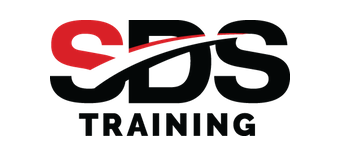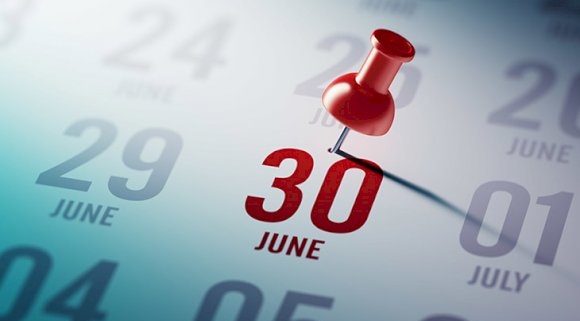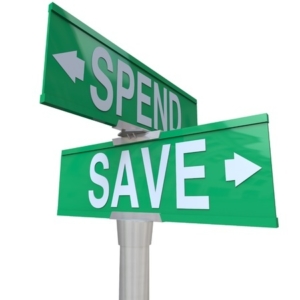End of Financial Year – Ugh – Your last Minute Checklist
June 30 rolls round quicker and quicker each year, and if you are like me, it gets harder and harder to be organised!! But it’s not too late to employ some effective strategies to ensure you pay the correct amount of tax and maximise any refund entitlement.
Early tax planning is the best strategy to adopt, as tax planning should not solely focus on tax deductions, rather a holistic approach involving income, expenditure and lets’ face it – reducing stress. Remember not everything mentioned here will apply to your specific circumstances, but will hopefully serve as information to get your butt into gear!!
First things first – get your records in order – work out what is income and what is deductible expenditure.
WHAT ARE TAX DEDUCTIONS?
Tax deductions are expenses than can be subtracted from the gross income of an individual or business that reduces the amount of income subject to tax, thus increasing your return or decreasing the amount payable.
“When completing your tax return, you’re entitled to claim deductions for some expenses, most of which are directly related to earning your income.”
– Australian Taxation Office
There are many deductions that can be claimed by individuals and businesses, and there are probably some you’re probably not aware of and have been missing out on. It is important to be educated on every expense that you can claim in your return. Any deduction missed is an opportunity lost.
Find out more here
TYPES OF DEDUCTIONS
Individuals
• Investment property maintenance expenses
• Work-related expenses; Uniforms, Laundry costs, Vehicle & Travel, Home office expenses, Self-education expenses, Equipment etc.
• Tax lodgement fees
• Personal super contribution
Businesses
• Workers’ salaries, wages and super contributions
• Business travel expenses
• Repairs, maintenance and replacement expenses
• Operating expenses
• Depreciating assets and other capital expenses
Bring forward expenses and/or defer income
By bringing forward any deductions (i.e. interest payments, self-educational, repairs and maintenance etc.) and deferring income you potentially reduce the amount of tax payable. It should be noted that if you are expecting a higher income next year this might not be the best strategy for you.
Leaving purchases to the last minute is not all bad – and could be argued as smart given many organisations often hold EOFY sales.
Don’t Forget
One final reminder – you can claim up to $300 of work related expenses without receipts, provided the claims are reasonable for outgoings and related to earning assessable income. If the amount you are claiming is $300 or less you must be able to demonstrate how you calculated this, but you do not need copies of receipts.
What’s Next
So you’ve made your deductible purchases and are ready for June 30. Well done, but now you need to prepare your documents and get ready to lodge your return. First you’ll need to gather all the required documentation including but not limited to; receipts of claimed purchases, payment summaries for all streams of income, required logbooks, accountancy fees charged for previous year’s tax return, extra superannuation contributions etc.
Next, find a reputable tax accountant and book an appointment. Do not leave your lodgement to the last minute, get in early to avoid ongoing stress or possibility of late fees. Once your return is lodged, it’s time to start preparing yourself for the financial year ahead (oh and NOW you can start thinking of what you’ll spend your return on).

